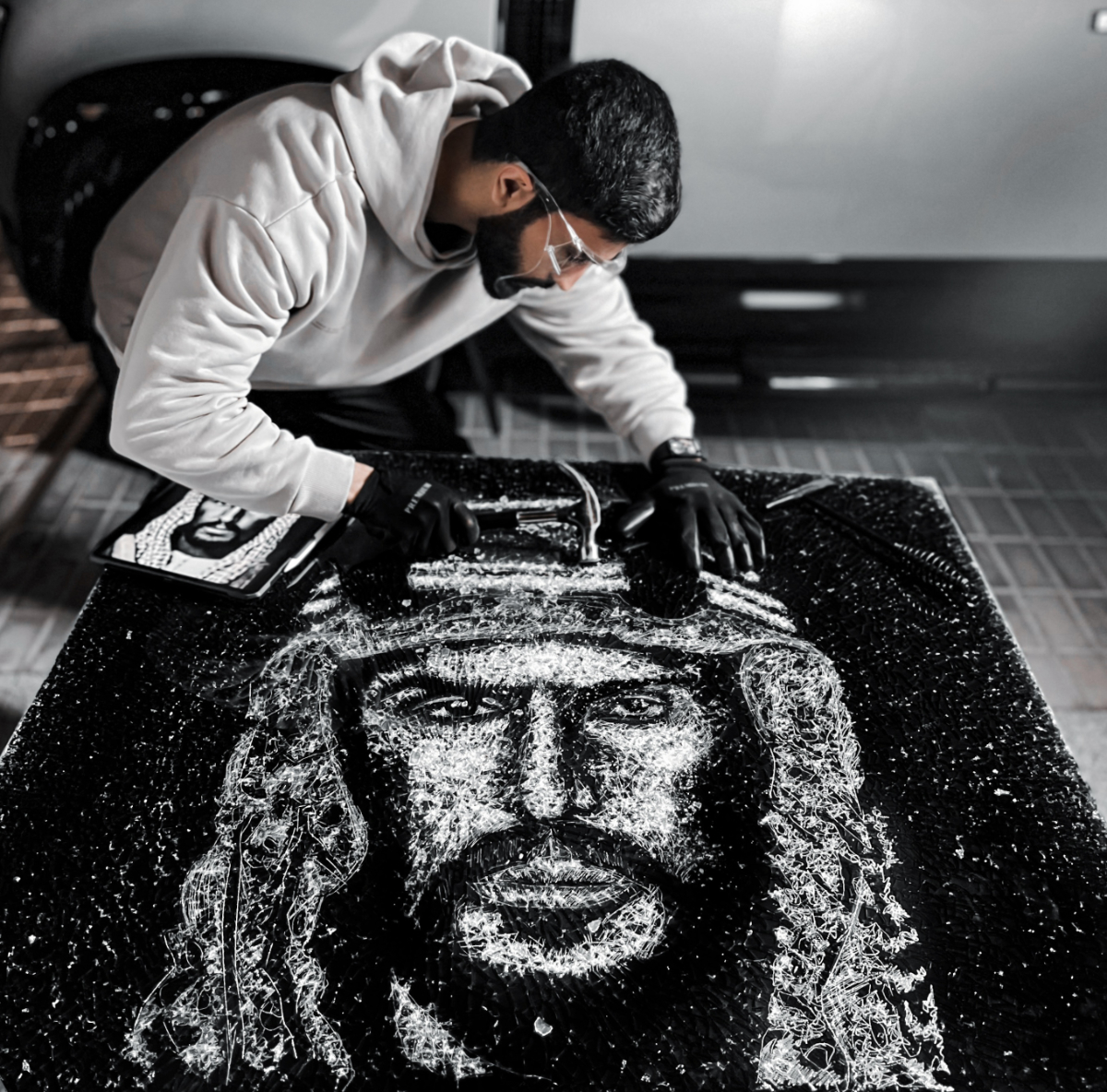JEDDAH: An in-depth probe by Saudi human rights officials into the running of shelters for women prisoners has called for improved programs to rehabilitate them back into society.
Inspectors from the Human Rights Commission (HRC), who visited the state-run homes throughout the Kingdom, also recommended tougher regulations be put in place regarding protection issues and complaints procedures.
The move follows the recent launch of an online campaign in the Kingdom to raise awareness of health and social issues surrounding female detention.
The care and welfare centers for troubled girls and young women held under arrest or detention orders, are affiliated with the Girls’ Social Welfare Institution, established by the Ministry of Labor and Social Development. The ministry oversees the operation of the shelters which house women under the age of 30, and separately, girls under the age of 15.
In its findings, the HRC also urged that inmates should not be allowed to stay on in homes after detention periods had expired.
The commission suggested exploring ways to ensure that all facilities had rehabilitation programs in place to cover inmates’ time in the homes and when they left, in order to ensure a smooth integration for them back into society and family life.
It also said homes should be properly regulated in line with protection rules, and that girls and women should be given an opportunity to complete their education and practice their professions.
In addition, the labor ministry should revitalize the role of civil societies and encourage the establishment of specialized institutions that supported and protected inmates as well as providing them with training and rehabilitation programs.
It was important, the commission said, to have appropriate facilities that took into consideration inmates’ circumstances as well as their psychological and social state.
The HRC added that shelters must be well-equipped to provide specialized treatment and rehabilitation programs for addiction cases and that women with mental health issues should be treated in conjunction with the Ministry of Health. Severe and chronic cases should be transferred to mental health hospitals for treatment.
The commission pointed out that all staff and cadre working in such facilities should be well-qualified, well-trained and be able to carry out emergency first aid, and the number of specialized professionals should be increased.
During inspections, the HRC discovered that some female inmates had stayed on in facilities beyond the end of their terms, and it noted that center cleaning and hygiene services were unsatisfactory, and others were poorly equipped.
The commission inspectors reported that some cadre members were not qualified to handle certain cases and sometimes used ineffective methods. Also, facilities did not have guidelines on complaints procedures, and some were without operative medical clinics.
Dr. Samirah Al-Ghamdi, a member of the Himaya protection organization, said keeping female inmates in shelters without empowering them was futile and called for the procedures and mechanisms of accepting and taking in female inmates to be reconsidered.
“When the victims get admitted into the shelter facilities, they have no choice because this is the only shelter and place where they can stay. We need an empowerment program that can provide psychological and economic support for each and every female inmate and educate them about their rights.
“Inmates should be rehabilitated so that they can start a new life and depend on themselves after they leave the shelter. Any inmate, regardless of the seriousness or the gravity of her case, should have access to rehabilitation even if she is going to stay one day or a week in the shelter,” she added.
Al-Ghamdi pointed out that many families refused to take in their daughters after they had left shelters.































